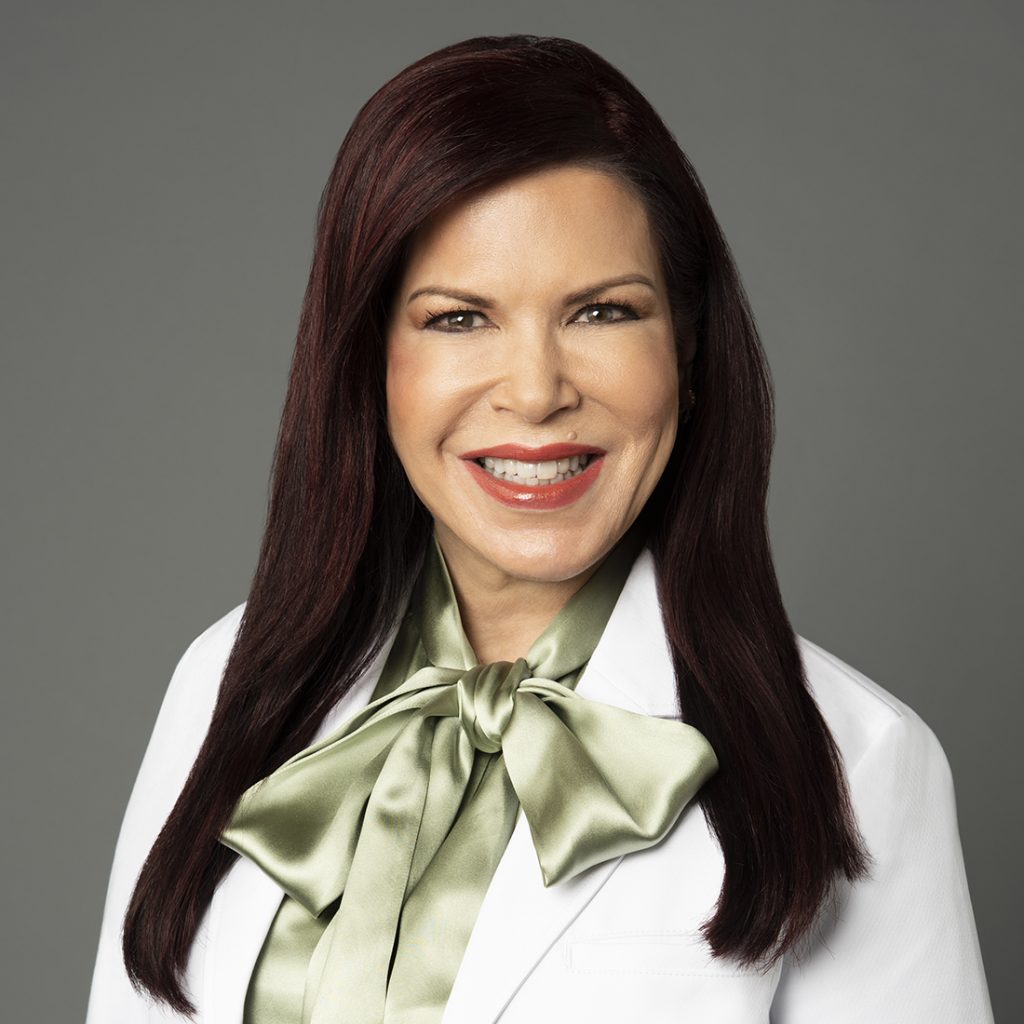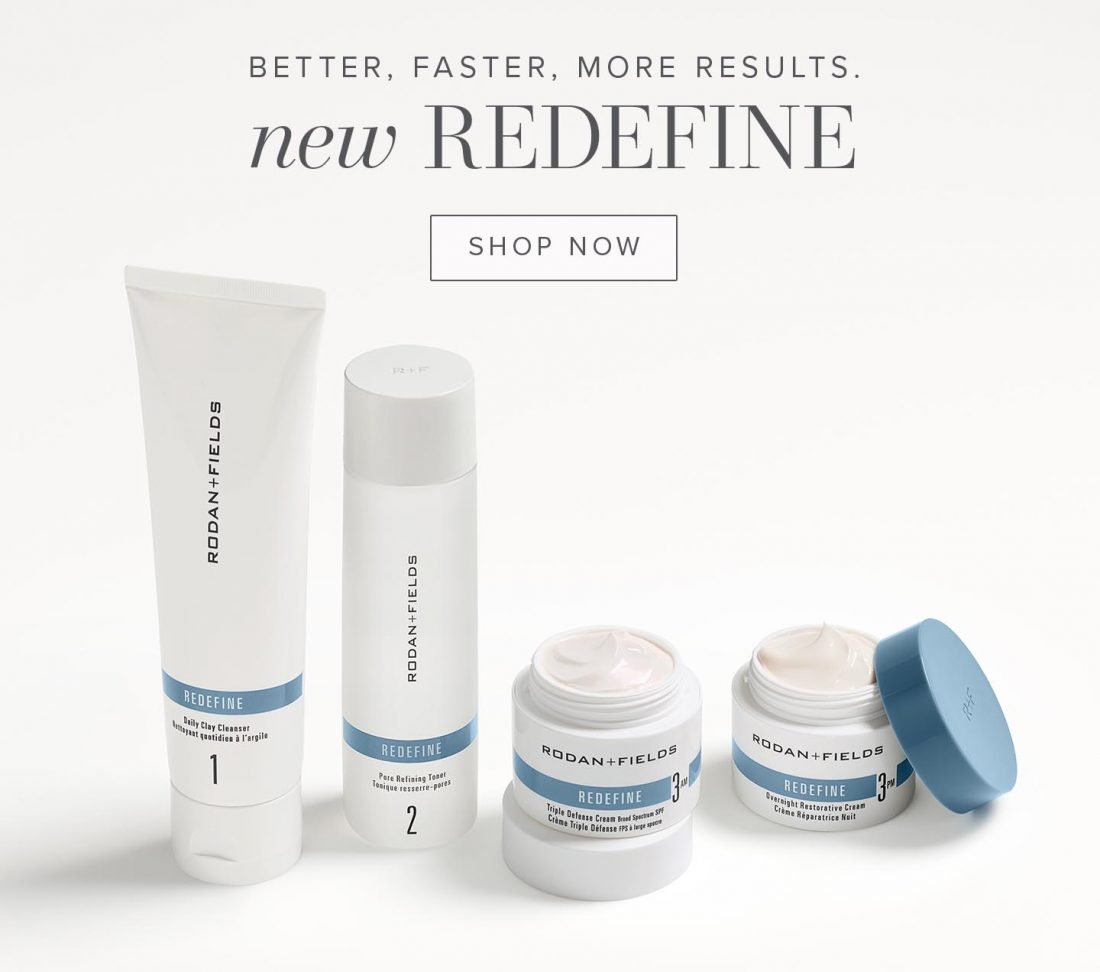Diversity is our quest, but unity is our strength,” said Dr. Kathy Fields, addressing the audience at last month’s annual Rodan + Fields convention in Nashville, Tennessee. Dr. Katie Rodan followed up with an exciting announcement: “We’ve brought on board three top-notch dermatologists who share our mission to give ALL people the best skin of their lives.”
To celebrate the occasion we are kicking off an R+F series featuring monthly expert advice by these three esteemed dermatologists and innovators specializing in great skincare for all, starting with Rodan + Fields’ Dermatology Partner, Dr. Vivian Bucay.
Based in San Antonio, Texas, Dr. Bucay has been practicing dermatology since 1991. And prior to practicing in the states, she ran a successful practice in Mexico City. Working in a city that is 70% Hispanic, she has invaluable insight into the skincare needs of that community. But more than that – she’s been on the patient side of the equation, too. In May 2006, she had a precautionary biopsy came back as a melanoma diagnosis. It evolved into stage-four melanoma. But thanks to experimental FDA-approved clinical trials, by August 2007 she was cancer-free. Read on to discover for yourself how Dr. Bucay is bringing a multi-faceted perspective to the science and art of skincare.
RODAN + FIELDS: What inspired you to pursue dermatology in your early 20s?
DR. BUCAY: I loved doing things with my hands. I’m very visually oriented. After college, the idea was that I was going to go to medical school to become a plastic surgeon. I didn’t like that in surgery your patients are kind of asleep, or that you’re going to see them only one time. The thing with dermatology is that you can see patients from the time they’re babies to the time they’re elderly. There are many areas within dermatology, but really, it’s nice because you can build long-lasting relationships with patients.
R+F: Why is it important to start a skincare regimen early?
DR. BUCAY: I think good habits start early. It’s much easier to build a good habit than to try to break a bad one. We’re exposed to the environment on a daily basis, and you don’t have to have a sunburn or a tan to have felt the effects of the environment.
R+F: Regarding acne, what is your dermatological experience?
DR. BUCAY: When I decided to become a dermatologist and I told my family, the first thing they said was, “You’re going to be an acne doctor?” As if it were a bad thing! There’s way more to it than just acne. But even now, even though I do a lot of cosmetic treatments on patients, there’s really nothing more satisfying that when somebody gets clear skin. When somebody has breakouts on their face and you can do something to help them clear it up, that’s amazing. There are a lot of studies that substantiate that teens with acne, for example, have higher rates of depression. I think the most important thing about acne is to let patients know that there is a solution. Although acne is really common, it’s still not a normal skin condition. It’s still considered a disorder and it is important to treat.
R+F: What do you find to be the biggest myths about skincare that your patients have?
DR. BUCAY: I’ve read that sunscreen can give you cancer. There’s not one single study that shows that wearing sunscreen causes cancer, but there’s plenty to show that sun protection absolutely decreases the number and the size of skin cancers. The other myth is that people with darker skin or people who tan and don’t burn, don’t get skin cancer. That’s a big fat lie. Incidence of skin cancer is rising significantly amongst Hispanics and African Americans. Everybody needs to wear sunscreen. I really just think it’s a privilege to be able to work with people on getting the best skin possible because I know what it means to have healthy skin. Which means overall health, but also to have skin that makes us feel our absolute best.





